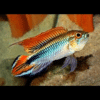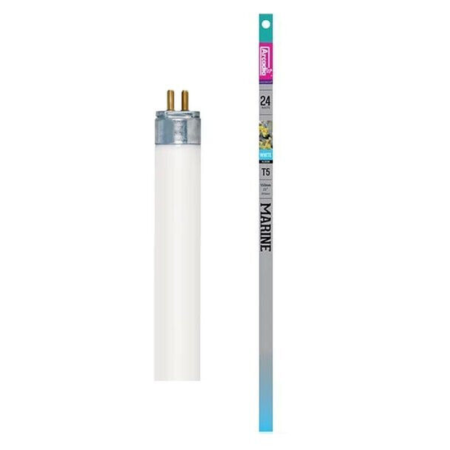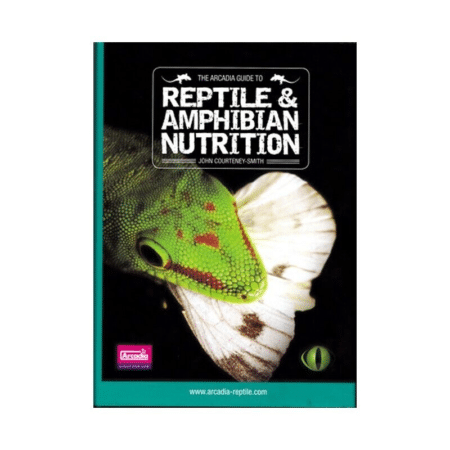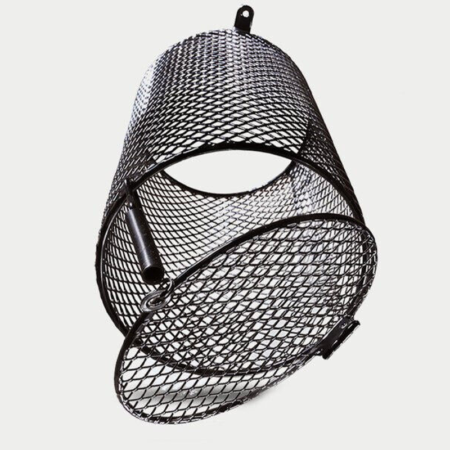Welcome to AquaTropics ———————————————————————————————————- Where Your Aquarium Dreams Come to Life! Dive into a world of aquatic wonder with AquaTropics, your ultimate online destination for stunning tropical aquarium fish. Whether you’re a seasoned aquarist or just starting your underwater journey, we’re here to make your experience unforgettable. ———————————————————————————————————- ———————————————————————————————————- ———————————————————————————————————- ———————————————————————————————————- ———————————————————————————————————- Discover a World of Beauty: Immerse yourself in the vibrant hues and graceful movements of our exquisite fish collection. From the majestic Discus Fish to the captivating Malawi Cichlids, each species is handpicked to bring a touch of natural elegance to your aquarium. ———————————————————————————————————- ———————————————————————————————————- ———————————————————————————————————- ———————————————————————————————————- ———————————————————————————————————- ———————————————————————————————————- ———————————————————————————————————- Trust in Quality: At AquaTropics, quality is our priority. We source our fish from trusted breeders and ensure they undergo rigorous health checks before reaching your doorstep. With our commitment to excellence, you can trust that every fish you receive is vibrant, healthy, and ready to thrive in your care. ———————————————————————————————————- ———————————————————————————————————- ———————————————————————————————————- ———————————————————————————————————- ———————————————————————————————————- Seamless Shopping Experience: Experience convenience like never before with our seamless shopping experience. Browse our extensive selection, place your order with ease, and let us take care of the rest. With our combined shipping option and 24 hour courier service, your fish will arrive promptly and in pristine condition, no matter the weather. ————— ———————— ———————— ———————————————————————————————————- ———————————————————————————————————- ———————————————————————————————————- Buyer Protection Guarantee: Shop with confidence knowing that your satisfaction is our guarantee. In the rare event of Dead on Arrival (DOA), we’ve got you covered. Simply notify us with clear photo evidence within the unopened packaging, and we’ll swiftly arrange for replacements or a full refund, ensuring your peace of mind every step of the way. ———————————————————————————————————- ———————————————————————————————————- ———————————————————————————————————- ———————————————————————————————————- ———————————————————————————————————- ———————————————————————————————————- ———————————————————————————————————- Expert Care Tips: Receive expert guidance and care tips from our passionate team of aquarists. Whether you’re a beginner seeking advice or a seasoned pro looking for new insights, we’re here to support you on your aquarium journey. From habitat setup to breeding techniques, we’ve got the knowledge you need to succeed. ———————————————————————————————————- ———————————————————————————————————- ———————————————————————————————————- ———————————————————————————————————- ———————————————————————————————————- ———————————————————————————————————- ———————————————————————————————————- Join the AquaTropics Family: Become part of the AquaTropics family and unlock a world of endless possibilities for your aquarium. With our diverse selection, expert advice, and unwavering commitment to quality, we’re here to help you create the aquatic paradise of your dreams. ———————————————————————————————————————————————————————————————————————————————————————– Thank you for choosing AquaTropics. Trust, quality, and passion – that’s the AquaTropics promise. Start your underwater adventure with us today!
Apistogramma Pnduro Dwarf South American Cichlid Stunning Rare Fish
£10.48
1001 in stock













Reviews
There are no reviews yet.